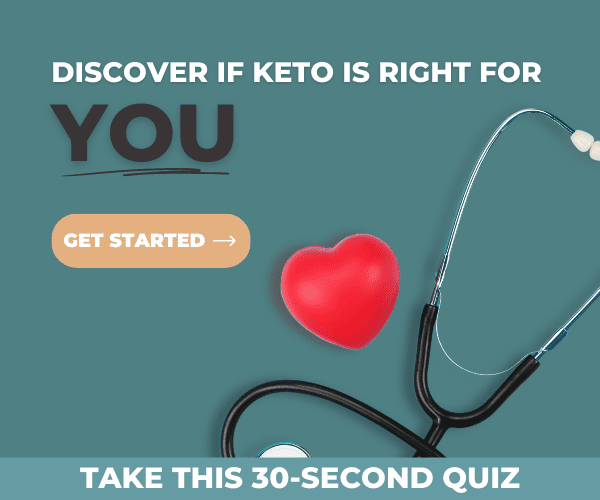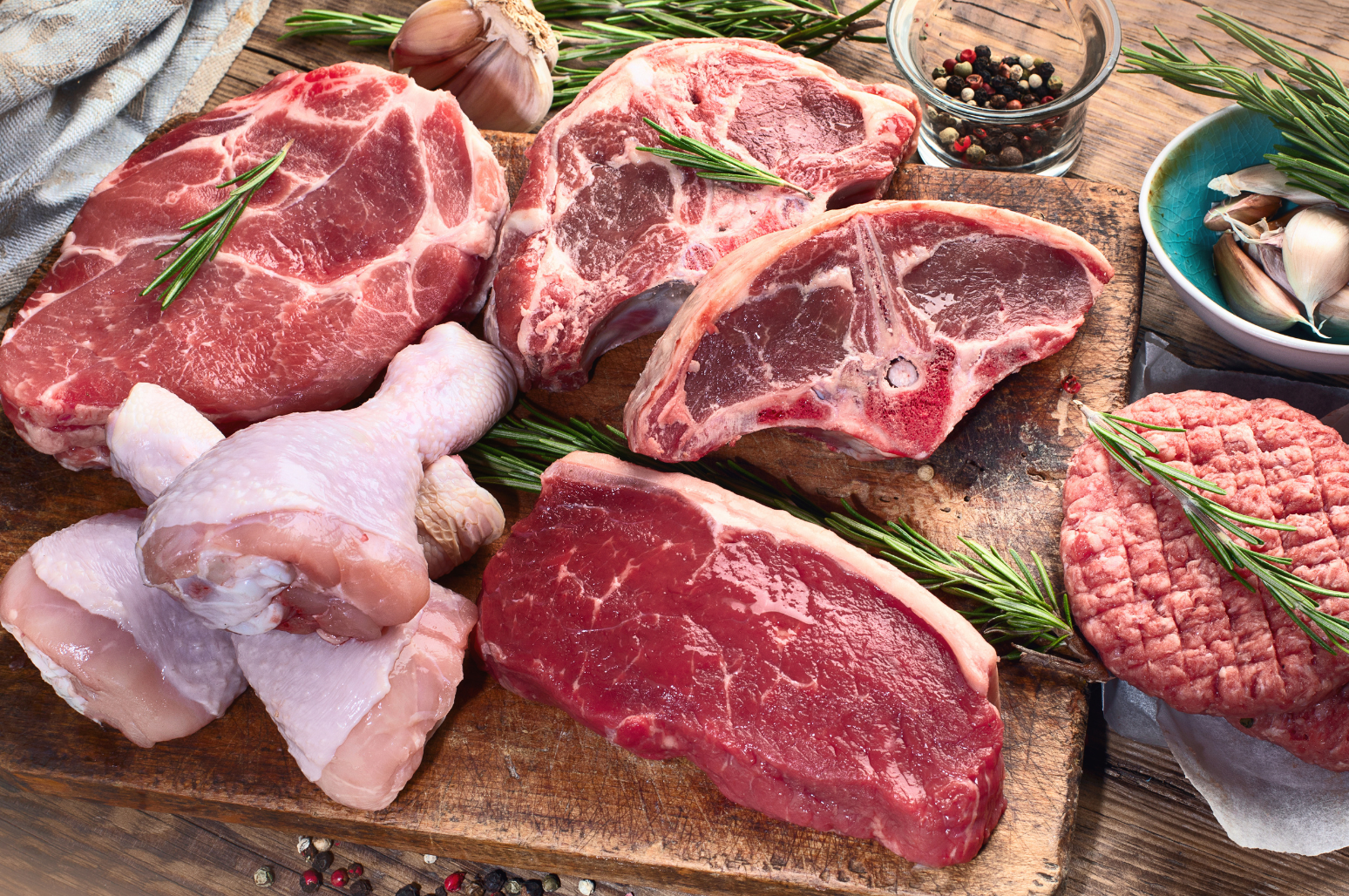
Dairy picks up a huge amount of bad press with regard to health and nutrition, some are lactose intolerant and others avoid it because of its links to cancer – but why could dairy be holding you back while on your keto journey?
Dairy is food processed from animal milk, usually cows but less often goats and sheep. Dairy consists of lactose (milk sugar), casein (80% of the protein in milk, containing all essential amino acids, slow to digest), whey (remaining 20% of the protein in milk digested more rapidly), and fatty acids.
As a part of the mainstream diet, dairy has been praised for its high calcium content as well as being high in protein. It is not too uncommon to see photos of the bodybuilders of old chugging on a huge bottle of whole milk.
Whether it be cheese, milk, butter, or cream, dairy has different effects on each of us. Some tolerate lactose (milk sugar) incredibly well and others are intolerant. In terms of entering ketosis and burning fat for fuel, dairy can throw a spanner in the works for many.
Lactose is the sugar found in milk and it appears in different quantities in the different variations of dairy. Generally, the less fat dairy contains the more sugar. This can be a sticking point for people that go for yogurts and cheeses without looking for the sugar content and assuming that all dairy is ok. 1 cup of whole milk contains 13g of sugar.
Dairy has links with insulin resistance and one such study found that when energy intake was adjusted for, the association remained significant [1]. Another study found milk to be more insulinogenic than white bread [2]. The study hypothesized that it could have been due to the insulinotropic amino acids contained within milk proteins.
Furthermore, during many farming techniques, cattle are injected with hormones to aid their development and increase the yield of milk the animal produces. It is currently unknown how active these hormones are within our bodies but this could have an impact upon human insulin levels. As our body’s systems are exposed to more and more unnatural levels of substances, we can only imagine what effect these things are having upon us.
In conclusion, the higher fat dairy tends to have less of an impact on insulin secretion meaning that things like butter, some higher-fat cheeses, and full-fat cream tend to be fine on a ketogenic diet. The main areas for concern are milk and yogurts. The lactose content of dairy and the insulin response that comes with higher protein dairy seems to be key here.
Monitor your personal food experiences, if something is not quite right with your energy, hunger, and satiety, or performance, have a think about removing dairy from your diet, it might just be the thing that moves the needle in the right direction.
Do You Enjoy Dairy On Keto?
Whether it’s cheese or milk, what kind of dairy do you consume on keto? Comment below and share your experiences!
References
Larry A. Tucker, Andrea Erickson, James D. LeCheminant, and Bruce W. Bailey. (2015). Dairy Consumption and Insulin Resistance: The Role of Body Fat, Physical Activity, and Energy Intake. Journal of Diabetes Research.
Nilsson M, Stenberg M et al. (2004). Glycemia and insulinemia in healthy subjects after lactose-equivalent meals of milk and other food proteins. Am J Clin Nutr. 80 (5), 1246-1253.










This has me curious. I prefer Fairlife’s milk, which has the lactose removed, which made it higher in protein (13 grams), lower in carb (6 grams), and lower in sugar (6 grams). Would that be safe, you think? I use it to supplement my diet with protein powder, so I can make sure I get enough protein.
Hey there! Yeah that is perfectly fine. It has a little more carbs but in moderation it’s completely fine. Great job getting in enough protein 🙂